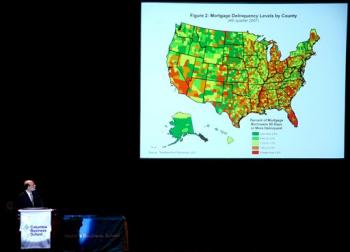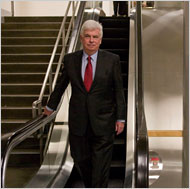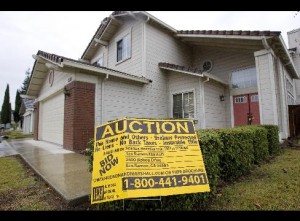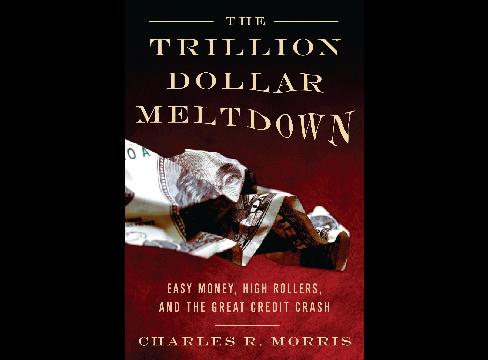Economics is not rocket science. Neither is power.
Depressions are monetary phenomena caused by central bank issuance of excessive credit. In 1913, the newly created US central bank, the Federal Reserve, began issuing credit-based money in the US. Within ten years, the central bank flow of credit ignited the 1920s US stock market bubble; and shortly thereafter, following the collapse of the bubble in 1929, the world entered its first Great Depression in 1933.
Investment banks are the undoing of central banking. While all banks, central, commercial and investment, view credit as the opportunity to exploit society’s growth and productivity, investment bank exploitation of growth and productivity exposes society to extreme risks—for investment banks use society’s savings to make their volatile and speculative bets.
The speculative risks undertaken by investment banks is done by leveraging the savings of society; and, when investment bank bets are sufficiently large enough and the bets go bad—as they inevitably do as the luck of investment bankers is due more to their proximity to credit than to their ability to foresee the future—it is society that will bear the brunt of the pain in the loss of its savings.
Inevitably, investment bankers cannot resist the temptations of excessive credit and, like the buyers of teaser-rate home mortgages, they will always overreach themselves—an overreaching that will have disastrous consequences for the society whose savings they bet.
The leveraged overreaching by investment banks in the 1920s caused the Great Depression of the 1930s and their more recent overreaching in this decade, the 2000s, is about to cause another Great Depression in the next, the 2010s.












